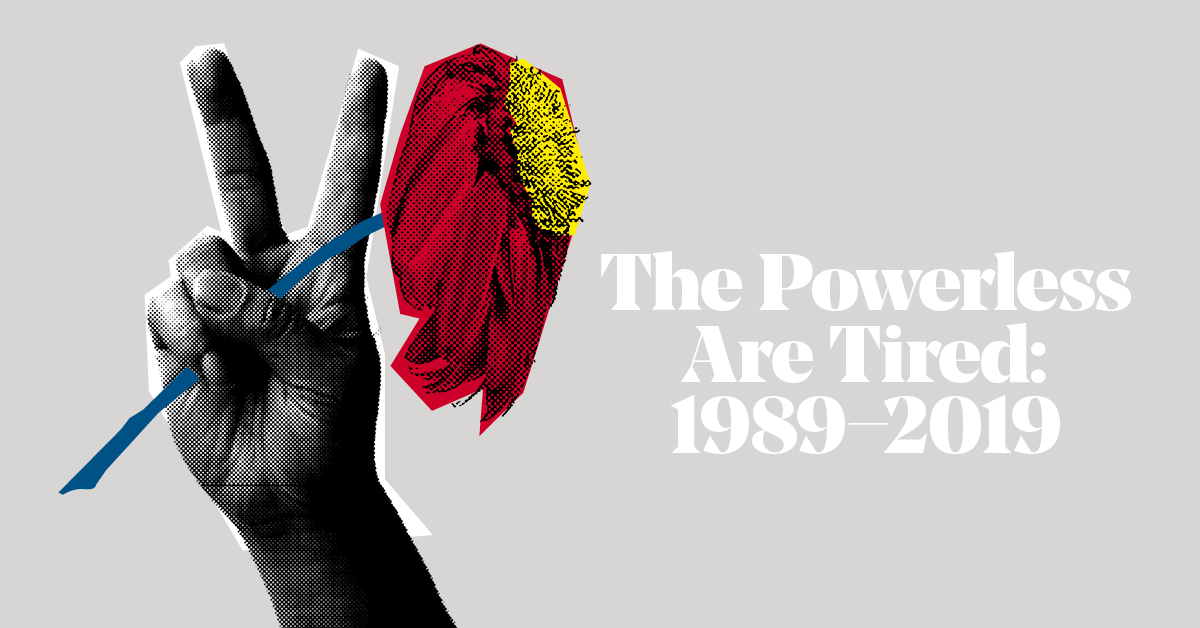Thirty years after the Velvet Revolution, there is no area of international cooperation in which the Visegrad Group could not do something useful together. Unfortunately, there is also no area in which the existence of the V4 would produce anything that we do not already owe to the European Union.
This would not be a major problem were it not for the fact that in 2015 all the countries of the region were for the first time taken over by parties contesting the changes launched in 1989. Their common denominator is the rejection of liberal democracy, of the “Brussels dictatorship” and of what they call a blind imitation of the West. They all want to “make Visegrad great again”.
As we remember, the symbol of the new era has been the opposition of the four Visegrad governments to the reception of refugees in line with the European Union’s resolution. Former top of the class students in the “Brussels School” took this as an assault on their sovereignty and Christian identity, and jointly engineered freezing of the European Commission’s decision. That is what this was all about, in fact—to curtail the prerogatives of Brussels and shift the center of power to the European Council, that is to say, the Heads of Government of the EU Member States. From now on, governments violating the Copenhagen criteria (the fulfilment of which was a condition for EU accession) go practically unpunished. Hungary and Poland prove this every day.
The refugee crisis was only a perfect excuse to break away from Brussels. After all, over the last four years, the Visegrad Group countries have received over a million migrants from all over the world, treating them as a source of cheap labor (one of the few competitive advantages over the West). In 2018, no country in the world received as many economic migrants as Poland.
Central European populists, in contrast to Central European liberals, understood that they need each other. The Visegrad Group consequently finally found its purpose and raison d’être, namely the dismantling of liberal democracy. In practice, this means the unlimited power of the ruling party, which calls itself democratic because its power comes from elections. In fact, these are governments of an oligarchy that privatize the state for its own needs, offering voters ersatzes of the welfare state and the sense of a national bond, allegedly threatened by the cosmopolitan elites and the “Brussels dictatorship”.
There is some irony in the fact that the Visegrad Group, which was created as an image project of several post-communist democracies aspiring to join the Western world, has become a symbol of profound European divisions, including the most important one—the European East and the West. Today, we have returned to the East of our own free will, or we are perceived in this manner, which amounts to the same thing.


